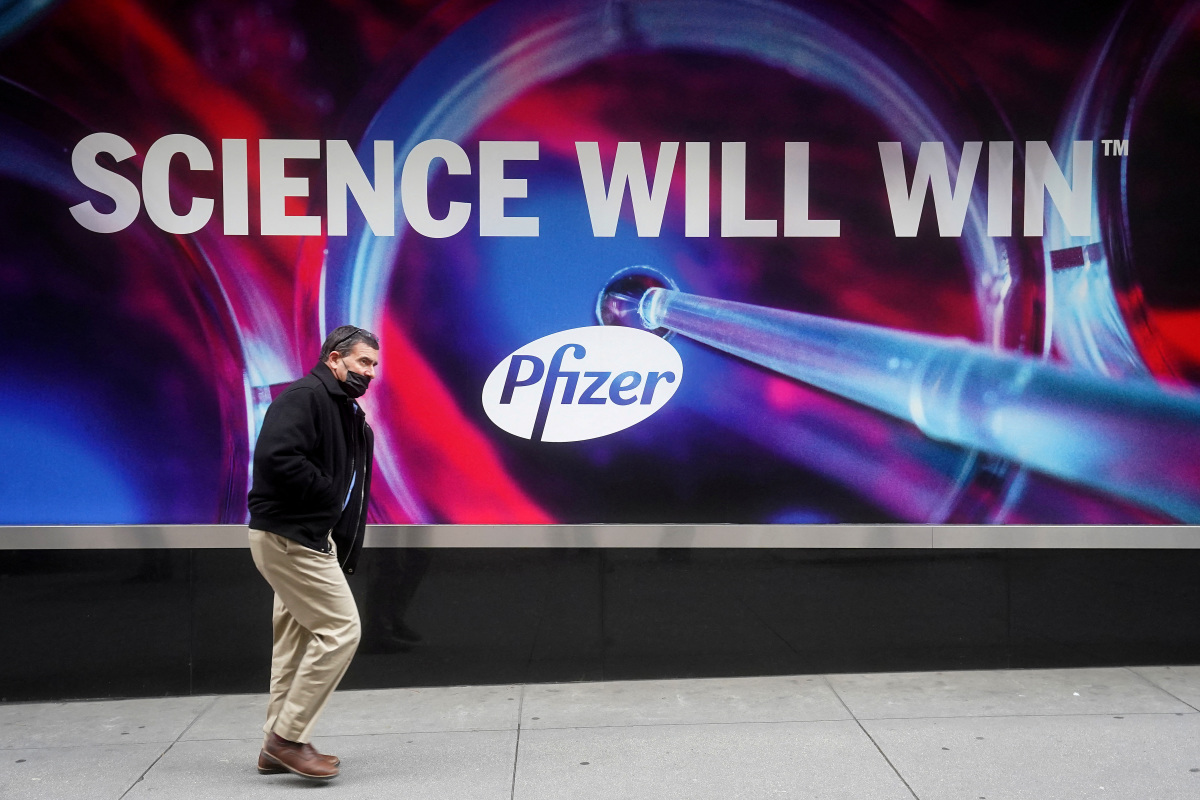Reuters
A federal judge on Friday tossed a lawsuit by a group of medical professionals alleging a fellowship program established by Pfizer Inc to improve diversity within its higher ranks discriminates against white and Asian-American applicants.
Do No Harm, a group opposed to what it calls “radical, divisive, and discriminatory ideologies” in healthcare, alleged the drugmaker’s Breakthrough Fellowship Program was discriminatory because only Blacks, Latinos and Native Americans could apply.
But U.S. District Judge Jennifer Rochon in Manhattan ruled the Virginia-based non-profit failed to show it had legal standing to sue Pfizer and seek an injunction as it would not identify by name any members of its group who could not apply to the program due to their race.
She said instead that it submitted “perfunctory” declarations from two anonymous white and Asian-American students at unnamed Ivy League universities “with little to no details about their career and educational goals, employment history, or interests.”
She said even if the two members were identified, Do No Harm had failed to establish they were qualified to apply to the fellowship program, which aims to increase the pipeline of Black, Latino and Native American leaders at the drugmaker.
Rochon, an appointee of Democratic President Joe Biden, said Do No Harm, regardless, lacked standing to pursue the federal claims it asserted under several federal civil rights and anti-discrimination laws.
Pfizer in a statement welcomed the ruling, saying it was “proud of its commitment to diversity, equity, and inclusion.” A lawyer for Do No Harm did not respond to requests for comment.
Pfizer launched the fellowship in 2021. Fellows receive two years of full-time jobs, fully funded master’s degrees, and employment at New York-based Pfizer after completing the program. It aims to enroll 100 fellows by 2025.
The lawsuit was filed in September, a month before the U.S. Supreme Court heard arguments in a pair of cases against Harvard University and the University of North Carolina that could determine the future of affirmative action in higher education.
The Supreme Court, which has 6-3 conservative majority, appeared receptive to arguments by challengers to the universities’ race-conscious admissions policies.
Do No Harm was launched in April, saying it wants to “stop this infiltration of politics in the healthcare system and particularly into medical education before it impacts quality and access to care.”







